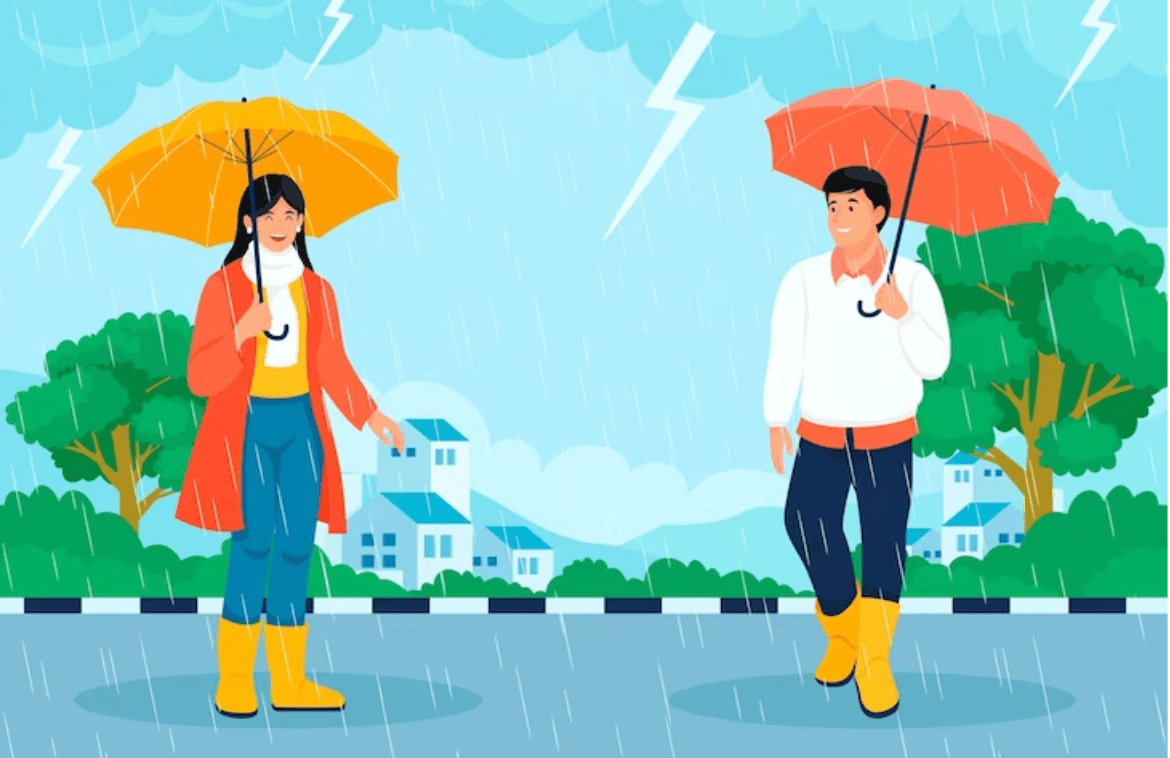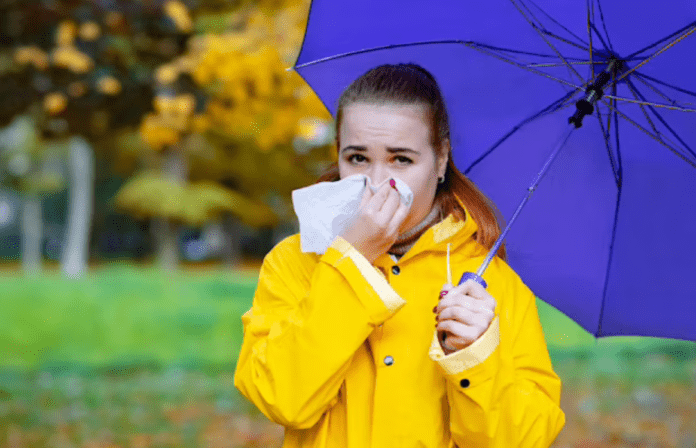Monsoon time means ensuring that the focus is on health tips. After all, by adhering to health safety tips, it is possible to prevent diseases that can prove dangerous to health.
It is important to take care of one’s health during the monsoon season.
Health tips and health safety tips for the rainy season are several:
- Do not touch electric wires.
- Avoid walking in the rain to prevent fungal infections.
- Take precautions against mosquitoes.
- Driving slowly and carefully.
- Unplugging electronic appliances.
With the rise of humidity as well as weather changes, there happens to be sporadic growth in infections resulting in weakened immunity.
Unexpected illness can disrupt one’s life, not to mention the sudden added expenses. Thus, it is necessary to take appropriate precautions at the time of monsoon, including a suitable health insurance plan.
Table of Contents
Watch out for these Monsoon Hazards!
Much care is to be taken during monsoon as a person is prone to diseases that are transmitted via water, air, mosquitoes, as well as contaminated food.
Waterborne Infections & Food Contamination: People in developing and underdeveloped countries are badly affected by monsoon diseases particularly water-borne diseases. These are rather harmful to children and the most common are:
- Jaundice
- Gastrointestinal Infections
- Typhoid
1. Mosquito-borne Infections
Monsoon is the breeding season, and many suffer from malaria cases and dengue.
- Dengue
- Malaria
- Chikungunya
2. Air-borne Infections
These happen to be very common diseases. They are mild but can cause complications in children and older people due to weak immunity.
- Cold and Flu
- Influenza
3. Eat well and stick to healthy food
Immunity does require hard work and proper nutrition and a balanced diet does help during monsoon season. It helps to spend some time boiling the drinking water to avoid getting contaminated.
Also Read, 6 Most Common Monsoon Diseases Prevention & Precautions.
4. Stay away from junk and street food
Eating places are usually contaminated and therefore eating junk food needs to be avoided. Hygiene needs to be given priority, to avoid infection. It is better to eat tasty snacks at home.
5. Invest in good shoes and waterproof clothing
It may not be possible for many people to stay indoors during the monsoon and may be due to situations being forced to go out. The chances of slipping or getting soaked in the rainwater can worsen health.

6. Protect yourself from mosquitoes
Ensure no source of water could act as a breeding pool for these carriers, especially in your vicinity. If you notice stagnant water anywhere, immediately take action. Ensure regular cleaning and drainage of such containers, including flower pots.
7. Hydrate yourself
Sufficient water intake is important. People tend to miss out on it. It aids in weight loss and also improves immunity against germs.
8. Get one’s beauty sleep
A good night’s sleep is indeed extremely undervalued by most people these days. Sleeping less than 6 hours can increase sleep debt, increasing fatigue, and making the person feel exhausted. This eventually affects a person’s immunity as the body is already weak due to the lack of rest.
9. Investing in a good health insurance plan before monsoons
Taking primary precautions in case preventative measures fail is necessary. This helps to reduce stress and prepares a person for any extra expenses incurred while hospitalized.
10. Avoid unnecessary medical expenses by staying healthy
It is important to protect oneself from unnecessary expenses and unnecessary stress of managing expenses and other treatment-related troubles by staying safe health-wise. It is possible then to avoid unwanted treatments.
Conclusion
It is important to take good care of oneself during m soon and even medical experts advise so. It is important to buy a health insurance policy for oneself and one’s family.
Health safety tips need to be kept in mind at all times.

